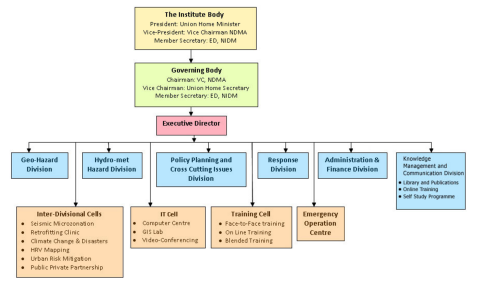Theme 1: Ecological Data & Data Center Infrastructures
Written by: Tony Cho
Research conducted by: Seowoo Nam, Dohee Jeon, Jiyun Lee, Tony Cho
Written by: Tony Cho
Research conducted by: Seowoo Nam, Dohee Jeon, Jiyun Lee, Tony Cho
Written by: Tony Cho
Research conducted by: Eunbin Cho, Yuwan Kim, Heewon Kim, Tony Cho

Slow Futures Laboratory presents the Slow Seoul Workshop.
The author primarily discusses the disaster investigation surrounding the aftermath of the 9/11 World Trade Center disaster. Dr. Knowles presents the investigation as having been marred by jurisdictional conflicts, clashes of authority among powerful institutions, competition among experts, and political pressure from both the public and the government. He argues that this phenomenon is not unique to the World Trade Center collapse but has occurred throughout every major disaster investigation in the United States, including the burning of the US Capitol Building in 1814, the Hague Street boiler explosion and building collapse in New York in 1850, and the Iroquois Theater Fire in Chicago in 1903. He argues that disaster investigation is not the "dispassionate, scientific verdict of causality and blame" but is instead a "hard-fought contest to define the moment in politics and society, in technology and culture."
This provision was drafted and enacted by the House of Representatives of the 99th Congress as part of H.R. 3128, the Consolidated Omnibus Budget Reconciliation Act of 1985.
The authors primarily rely on anecdotal evidence provided through interviews and testimonies presented by disaster survivors. They supplement this anecdotal evidence with data from analysis of the socioeconomic conditions following a disaster and from analysis of the mental health disorders suffered by patients who were affected by the disaster.
As an activist organization, the IPPNW organizes awareness campaigns, conducts and funds research efforts, sponsors conferences, applies political pressure, and develops educational courses and training programs.
Emergency response, in the sense of immediate law enforcement, fire/rescue, and EMS, is not addressed by the author to an appreciable extent, though an argument can be made for potential connections.
The Minister of Home Affairs acts as the President, and the Vice Chairman of the NDMA (National Disaster Management Authority) acts as Vice President. The body of the organiation is comprised of 42 members including secretaries of nodal Ministries and Departments of Government of India and State Governments, the heads of national scientific, research and technical organizations, and eminent scientists and practioners. The governing body of the organization, which runs its day to day operations, is comprised of 16 members, and is chaired by the Vice Chairman of the NDMA, with the Secretary of Home Affairs acting as the Vice President.
